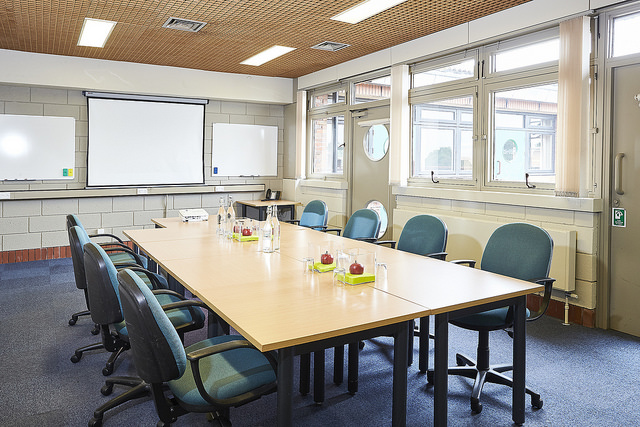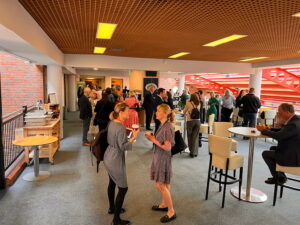
Why meetings should be short
We’ve all been involved in a boring meeting. The room is stuffy, the speaker is droning on and productivity is at an all-time low. Ideally, you want to lead and attend meetings which are informative and inspiring. One way you can achieve this is with planned, short meetings. Read on to find out why.
Practical
It often seems like there isn’t enough time in the day, especially when you have a lot of work on. Long meetings take a chunk out of people’s day which may set them back. If you keep your meetings short, you can get your point across and allow everyone to get on.
Shows you value your delegates time
You want your audience to understand you value their time and understand they have things to do. By only including vital points in the meeting it shows awareness that delegates are busy and have other commitments.
Gets to the point
If you know you have limited time, it will encourage you to get straight to the point and not ramble. Anything not as crucial can always be sent in an email if you find yourself running out of time. If you’re looking for flexible meeting spaces in Stafford, look no further than Yarnfield Park. We are located in the heart of the UK and have modern facilities which will support any type of meeting. Get in contact for more information.
Avoids distractions
Delegates are less likely to become distracted if the meeting is short. Estimations of the human attention span range from 10 to 20 minutes before your mind begin to wonder. If you keep your meeting short, your audience will be more engaged by the topics you cover.
More impact
A short, punchy meeting is far more likely to have an impact on delegates compared with a long-winded one. Ideally, you want your audience to leave feeling fresh and inspired. Long meetings tend to have the opposite effect.
Take breaks
If you feel you have a lot to cover during your meeting, consider taking regular breaks, or splitting the meeting between morning and afternoon. If you are taking the meeting at the office, it should be easy to do so. Schedule half an hour in the morning and follow up later that day. If you’re hosting at a dedicated meeting space, take regular five-minute breaks to refresh delegates and allow them to focus more easily.
A final word. Sometimes meetings must be called to discuss a problem, whether that’s in the business, the office or elsewhere. This tends to demotivate people. Always finish a meeting with some positive talk about achievements. This will boost morale and therefore increase productivity.
Go back to other articles

